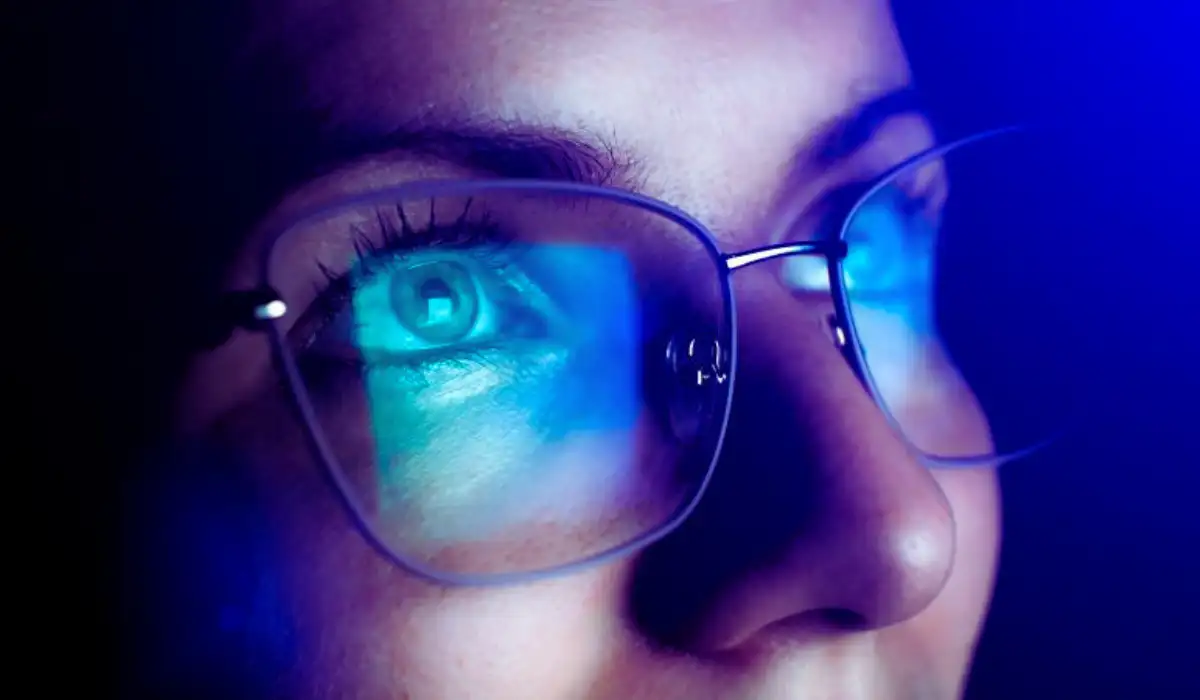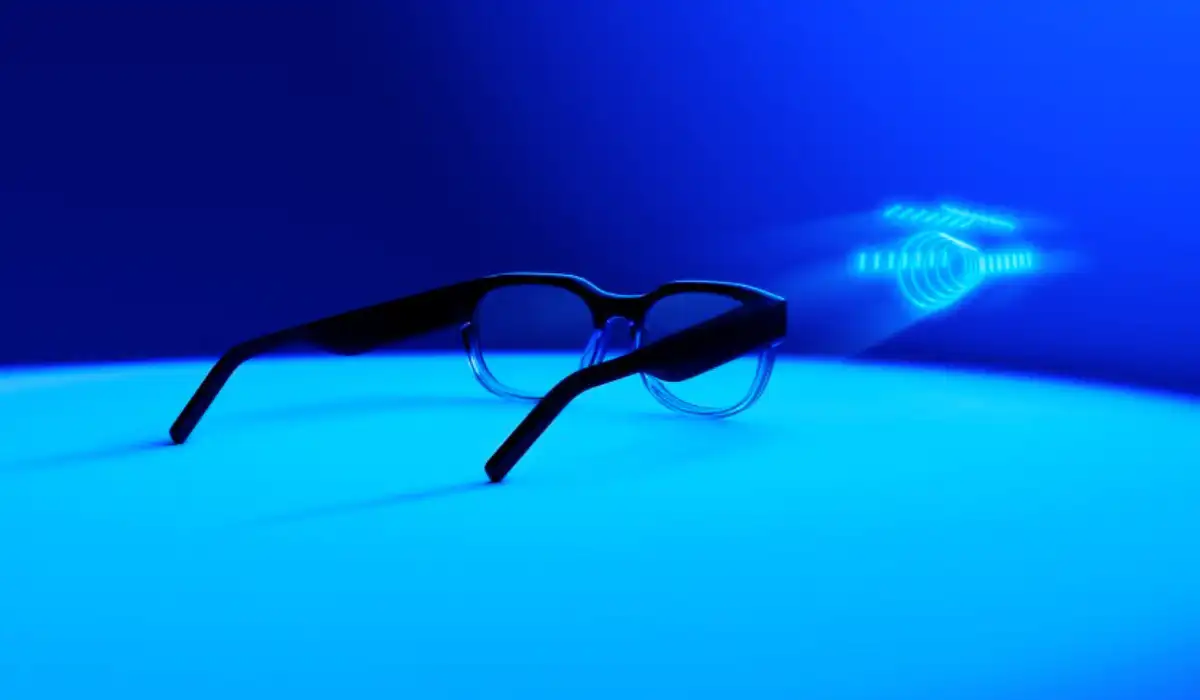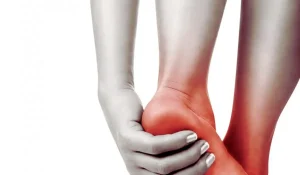Most of us are unable to escape having to use phones, tablets, or computers in our everyday life. Staring at the screen for hours has become so common that we do not think about the consequences of this.
The blue lights emitted by your computers or phones can have potentially adverse effects on your eyes. Here comes the significance of the blue light-blocking glasses. They are thought to prevent the excess blue light from reaching your eyes and damaging them.
Even though plenty of people are using them now, some of you must be still wondering: do blue light glasses work? This article will take you through the answer to this very question, so scroll down.
What are blue-light glasses?

Blue light-blocking glasses come with the unique feature of filtering out the blue light emitted from digital screens. These lenses are claimed to protect your eyes from strain and reduce the potential damage to the retina from excessive exposure to blue light.
Do blue-light glasses work?
Yes. Blue-light glasses do work to prevent the dangerous blue rays from hitting the screen. Since the marketplace is filled with different kinds of blue glasses, you can determine their authenticity by simply verifying if they reflect blue light when placed between any sort of light source.
Computer glasses with clear lenses block up to 20% of blue light, whereas glasses with amber, yellow, or orange lenses work better to block more than 50% of the unwanted blue light.
Although red glasses are known to block almost 100% of the blue light spectrum, they are the least recommended as they might adversely affect your color vision.
In short, blue-light glasses generally reduce over 40% of blue light, even the removal of which is beneficial for an individual who spends hours before their computers.
Can blue-light glasses help with eye strain?
No. Blue light is not the real cause of eye strain. It is caused by computer vision syndrome or CVS. The symptoms of the condition include dry eyes, headaches, difficulty concentrating, sensitivity to light, watery eyes, blurred vision, burning eyes, and neck and shoulder pain.
According to experts, the lack of blinking causes dryness of the eyes, which can happen both during sitting before the screen or reading. Eye irritations are not always caused by blue lights.
Does blue lights cause eye damage?
The more you sit before blue lights, the more you will find it difficult to sleep. When the blue light from the sun hits your body, it directly targets the circadian rhythm of your body and simply regulates your sleeping schedule.
But when the blue light from the screen reaches you, it disrupts the circadian rhythm, eventually leading to insomnia and other sleeping disorders. So, when you use a blue light prevention glass, it will effectively reduce the risk by enabling you to sleep better.
Benefits of blue light-blocking glasses
Blue light-blocking glasses are associated with numerous health benefits. It reduces the risk of macular eye degeneration and keeps your retina safe, and sometimes it also reduces the risk of cataracts. Though blue lights are not directly linked to migraines, they reduce the brightness of the screen light to soothe your eyes.
When should I wear blue-light glasses?
Blue light is likely to affect your sleep at night. So, wearing a blue light-preventing glass at night would prevent the light from ruining your sleep schedule. Wearing it during the day will reduce dry eyes.
To reduce eye-straining, try the 20-20-20 test, which is to look at something 20 feet away for 20 seconds every 20 minutes. This method is proven to reduce the strain on your eyes, and it is highly beneficial for individuals who spend more than 4 hours before the screen.
There are also a few other methods that can reduce the severity of the eyestrain, and some of them are as follows:
- Adjust the brightness settings on the screen to make it comfortable to look at
- Adjust the lighting in the room per the brightness of the screen
- Use matte eye filter
- Look slightly downward on the screen
Also Read: 10 Worst Foods For Eye Health: Protect Your Vision
Conclusion
Blue light blocker glasses are thought to reduce eye strain and improve sleep quality, but the effectiveness of such glasses depends on the quality of the glasses. These glasses are proven to provide some sort of relief for people spending long hours in front of screens. However, proper treatment is recommended if you have serious eye issues.
References
- Hester L, et al. (2021). Evening wear of blue-blocking glasses for sleep and mood disorders: a systematic review.
https://pubmed.ncbi.nlm.nih.gov/34030534/ - Lin J, et al. (2017). Short-wavelength light-blocking eyeglasses attenuate symptoms of eye fatigue.
https://iovs.arvojournals.org/article.aspx?articleid=2599717







